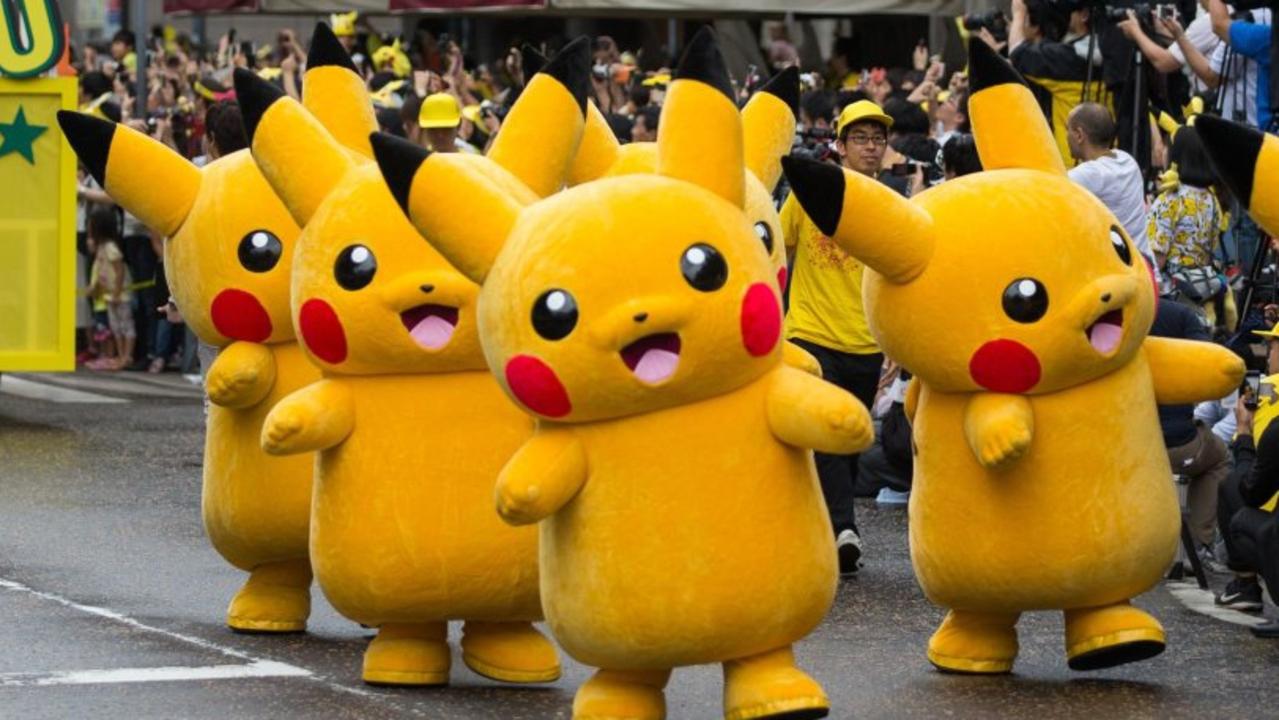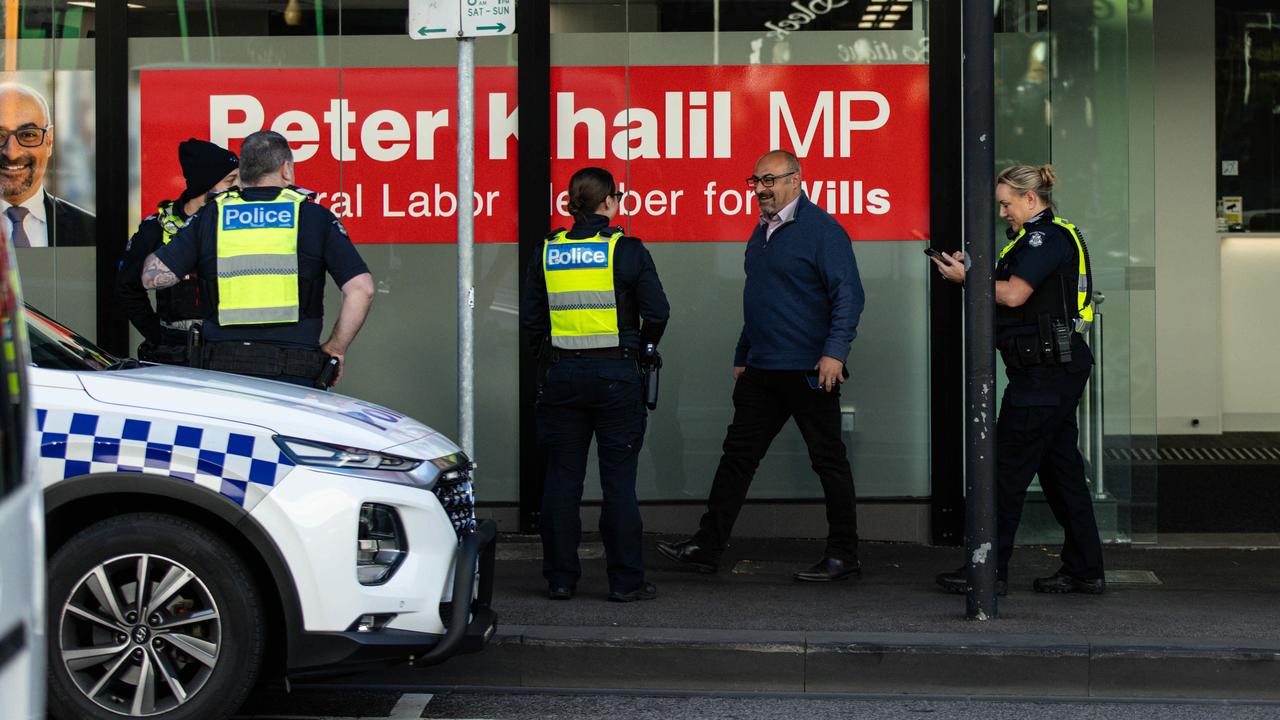Vladimir Putin admits Russian military has depleted as Ukraine war drags on
After months of bloody stalemate, Vladimir Putin has been forced to show Russia’s hand in a rare display of weakness.
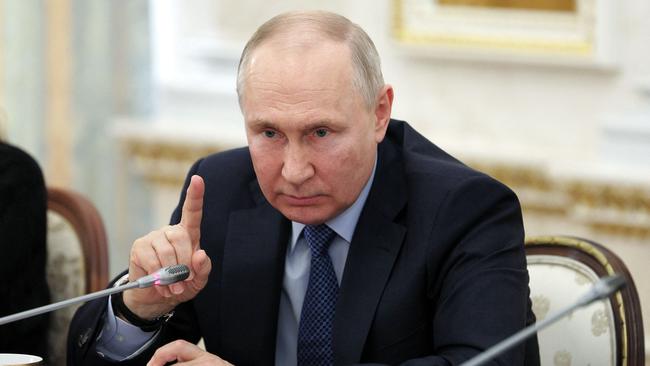
World
Don't miss out on the headlines from World. Followed categories will be added to My News.
The war that was meant to last a heartbeat has now become a bloody stalemate. But now, the tide appears to have finally risen high enough to force Vladimir Putin into a rare display of weakness.
In the months that followed Russia’s invasion of Ukraine, speculation quickly grew over whether Putin’s military could withstand a long-stretch campaign well beyond its initial estimates. Back in February 2022, Russia had 175,000 troops stationed in regions along the Ukrainian border. Coupled with naval dominance in the Black Sea, forces were expected to topple Ukraine in mere weeks.
The campaign was meant to steamroller into the capital of Kyiv and topple President Volodymyr Zelenskyy’s government in a few days. However, crippling economic sanctions and a steady flow of weapons provided to the Ukraine by the West have stalled Russia’s master plan, as the warring nations continue to trade ground into the European summer.
In a candid admission made this week, the Russian President raised concerns about the inadequacy of military hardware required for a victorious campaign in Ukraine.
Addressing a gathering of pro-war bloggers at the Kremlin on Tuesday, Putin underscored the deficiencies plaguing the Russian armed forces while asserting that Moscow is taking measures to bridge the gap by bolstering weapons production.
According to state media reports, Putin acknowledged the dearth of various critical resources during the ongoing special military operation in Ukraine.
“During the course of the special military operation, it has become clear there are shortages of many things – precision-guided munitions, communications equipment, aircraft, drones and so on,” Putin said, according to state media.
“We have them, but unfortunately we don’t have enough of them.”
Simultaneously, Putin claimed that Russia had witnessed a significant upsurge in weapons production for the battlefield.
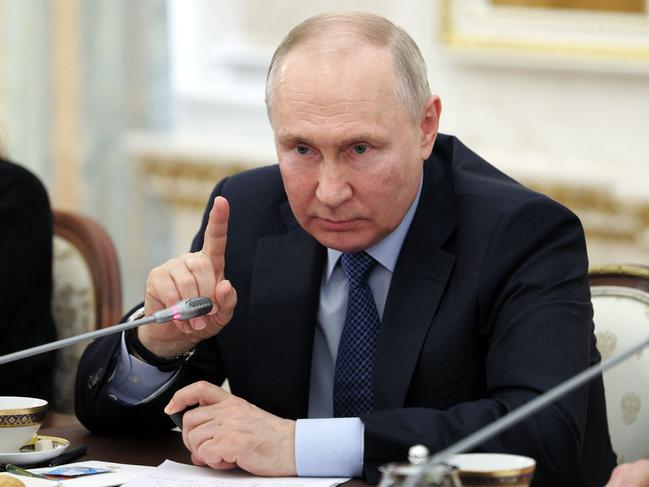
While the production of much-needed equipment had surged nearly threefold, the most in-demand weaponry saw a remarkable tenfold increase.
The inadequacy of precision-guided munitions has hindered Russia’s full-scale invasion, preventing effective strikes on strategic targets from a distance.
Consequently, Russian forces have resorted to using imprecise drones, including the Iranian-made Shahed-129, and even naval missiles to target residential structures. These desperate measures underscore the limitations imposed on Moscow due to the scarcity of critical military assets.
Earlier this year the Institute for the Study of War, which has provided regular updates and analysis on the mounting crisis, asserted that Russia’s military was “significantly depleted” despite a massive push by Moscow to enlist thousands of military-aged men.
The campaign has “significantly depleted Russian equipment and manpower reserves necessary to sustain a successful large-scale offensive in eastern Ukraine,” according to the Institute.
Dara Massicot, an expert on the Russian military at the Rand Corporation, added that estimates on the superpower’s capabilities may have been overstated.
“Why Russia did not prevail – why it was instead stopped in its tracks, routed outside major cities, and put on the defensive – has become one of the most important questions in both US foreign policy and international security more broadly.”
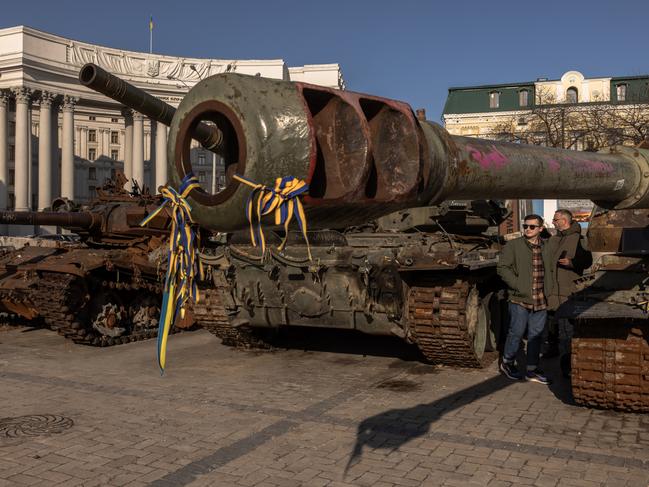
Lawrence Freedman, a professor emeritus of war studies at King’s College London, said the West had not accurately predicted what the war could look like after almost 18 months.
“Where people got it wrong was in their assessments of the Russian army,” Freedman said via RadioFreeEurope. “It was not preordained that the Russians would screw up so badly.”
The International Institute for Strategic Studies also reported that Russia lost an estimated 50 per cent of its T-72B and T-72B3M tanks in the first year of fighting.
A report released in April by the Institute also shed light on the impact of Western sanctions on Russia’s ability to procure essential components for advanced weaponry.
The report concluded that while the quality of military equipment used by the Ukrainian army has improved thanks to Western assistance, Russia’s armaments continue to deteriorate. This divergence in quality further underscores the challenges faced by Moscow in sustaining a successful military campaign.
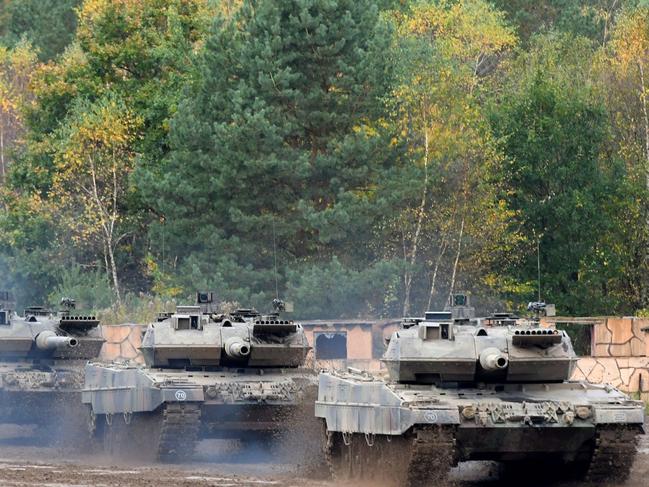
Conversely, Kyiv has recently received a significant shipment of Western tanks, including the esteemed British Challenger 2 and German Leopard 2.
Despite his admission, Putin claimed that the Ukraine’s casualties in its much-anticipated counteroffensive were ten times higher than Moscow’s even as Kyiv said it was making gains and “moving forward”.
His assessment came hours after Russia claimed it had captured Western armoured vehicles from Kyiv’s forces on the battlefield.
“Their losses are approaching a level that could be described as catastrophic,” Putin said during a meeting in the Kremlin with Russian journalists and bloggers covering the conflict.
“We have 10 times fewer losses than those of the armed forces of Ukraine,” he noted, citing a ratio that could not be independently confirmed.
But Kyiv quickly fired back, insisting Ukraine’s push, bolstered with Western weapons and training, had “certain gains, implementing our plans moving forward”.
“Both defensive and offensive fierce fighting is ongoing in the east and south of our nation,” the chief of the Ukrainian armed forces Valery Zaluzhny said on social media.
In recent days, Kyiv has claimed to have recaptured a series of villages in its eastern Donetsk region.
More Coverage
Originally published as Vladimir Putin admits Russian military has depleted as Ukraine war drags on




